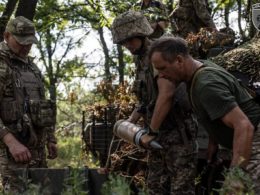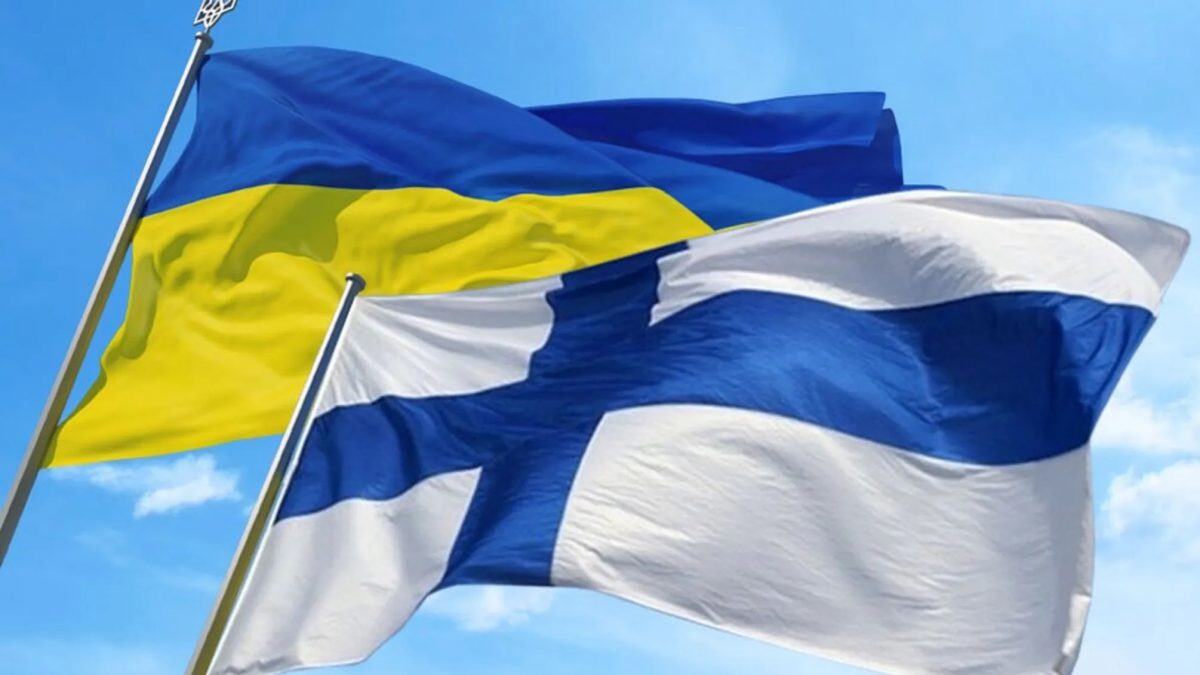Ukraine’s first fully virtual bank monobank conducted a language experiment to determine the real significance of the Russian language for Ukrainians
While roughly a third of Ukrainians still actively speak Russian at home or work, the monobank randomly chose 1,000 customers who were addressing the support service in Russian and asked them if they would mind the operator answering their questions in Ukrainian. 96.3% said that this is not a problem for them. Following the survey, monobank removed Russian from their service languages and left it for the operators to decide personally whether they want to answer Russian-speaking customers in Russian, the company’s founder Oleh Horokhovskyi said.
Putin widely used the language argument as a claim that allegedly a lot of Russians are living in Ukraine, since they are speaking Russian, and allegedly they feel oppressed. The reality is that the Russian language became present in Ukraine due to the oppression of Ukrainian in the Russian empire and the Soviet Union and the official policy of Russian to be the language of prestige then. This changed with the restoration of Ukraine’s independence in 1991 when Ukrainian started becoming more widespread both at work and at home for Ukrainians. The trend only accelerated after the Russian 2022 invasion with more Ukrainians switching to Ukrainian and companies taking away Russian from their websites.
Currently, 51% of Ukrainian citizens use Ukrainian as their home language, 13% use Russian and 34% use both languages. Ukrainian has also become the only language of politics that used to be bilingual until the 2010s.







